HBCU Resources
Historically black colleges and universities (HBCUs) are institutions of higher education in the United States that were established before the Civil Rights Act of 1964 with the intention of primarily serving African Americans.
Legacy of Historically Black College or University, HBCU
Due to racial discrimination by state officials, people of color were often denied
educational opportunities. The Second Morrill Act of 1890 addressed this by
requiring former Confederate states to either integrate land-grant institutions or
create separate ones for Black students, leading to the founding of several
historically Black colleges and universities, such as Tuskegee University, Alabama
A&M and Prairie View A&M.
HBCUs Matter
- Afford equitable access to top-tier education
- Open and inclusive to all learners
- Provide academic scholarship
- Prioritize social mobility-advancing 40% in household income to the top 60%
- Generate strong returns on investment
Follow the links below for more information on HBCUs.
